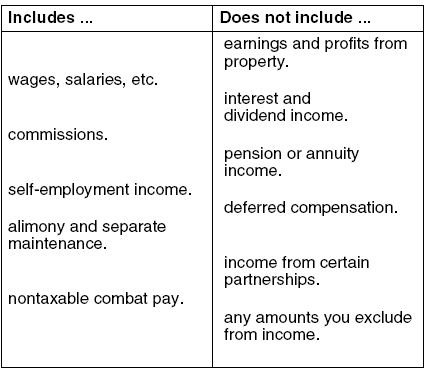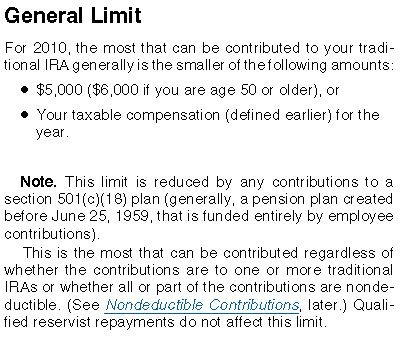Fireup2020
Thinks s/he gets paid by the post
- Joined
- Feb 5, 2007
- Messages
- 1,250
"Roth IRA accounts can only accept money paid in that has come from taxable compensation, otherwise referred to as taxable income."
Am I correct in reading this that I will be able to contribute to a Roth account from my pension funds since they will be taxed by Uncle Sam?
If we can get a tax break, this seems to make sense to add to savings this way.
Your opinions?
Am I correct in reading this that I will be able to contribute to a Roth account from my pension funds since they will be taxed by Uncle Sam?
If we can get a tax break, this seems to make sense to add to savings this way.
Your opinions?


